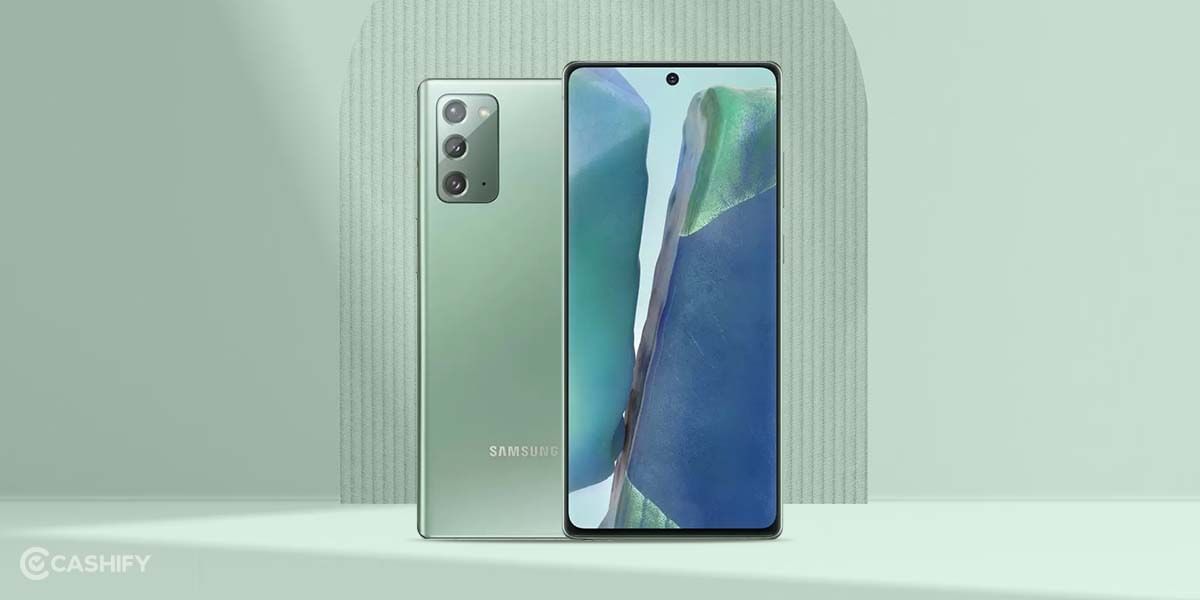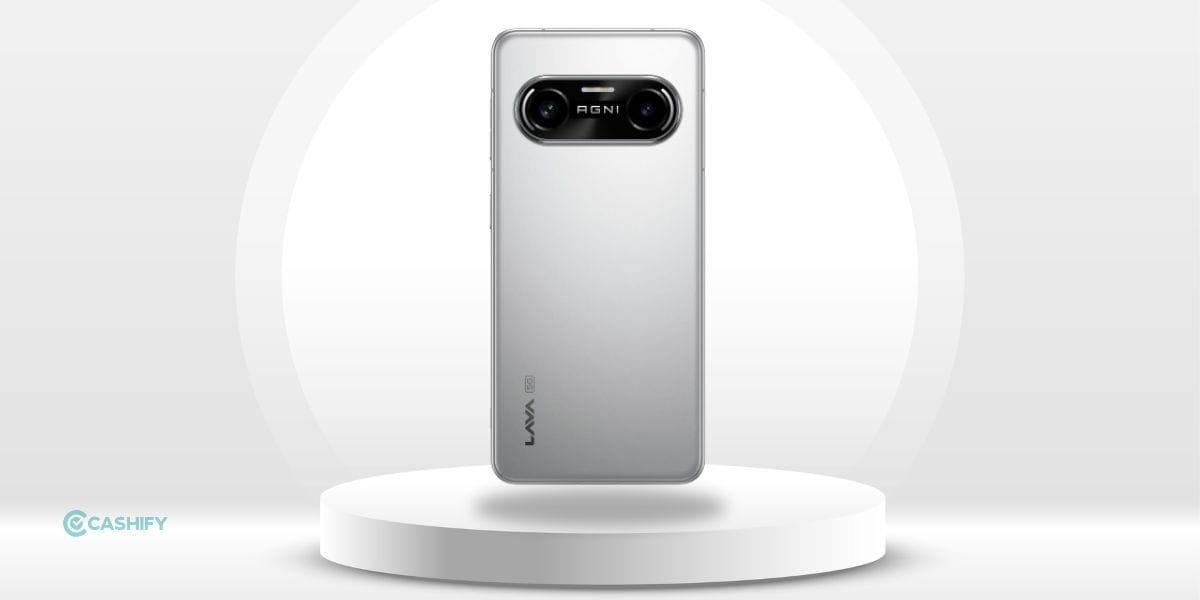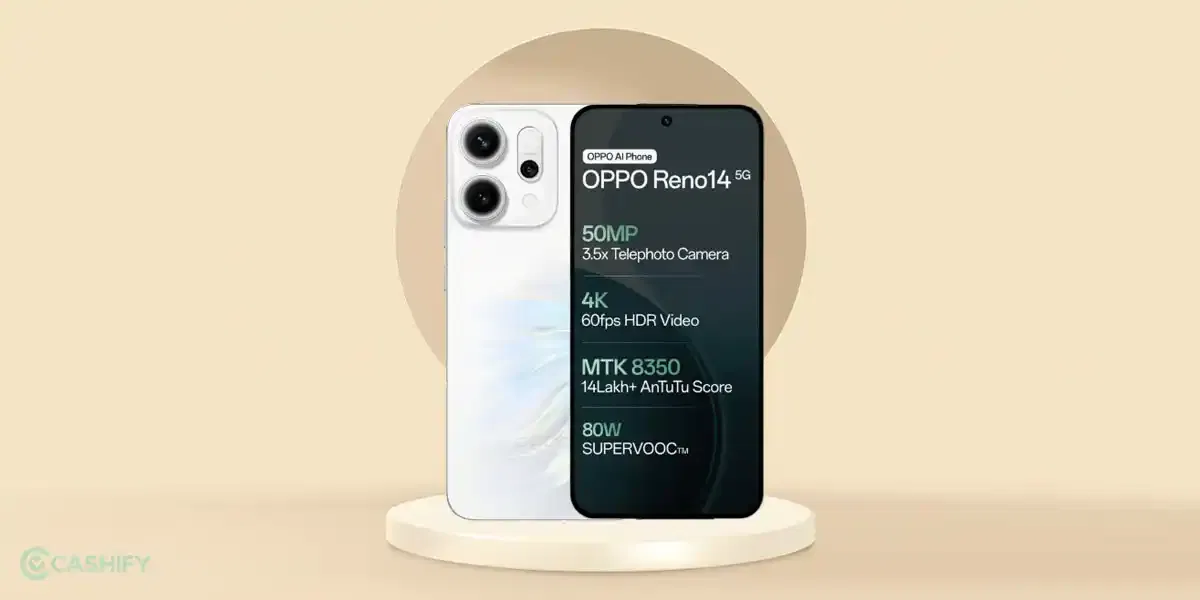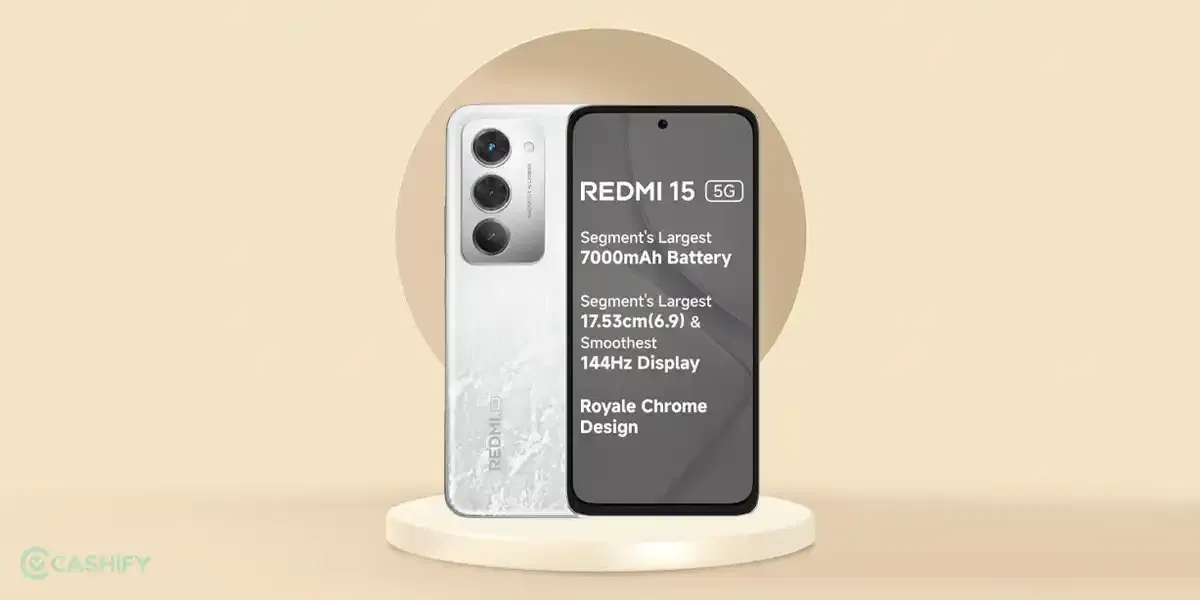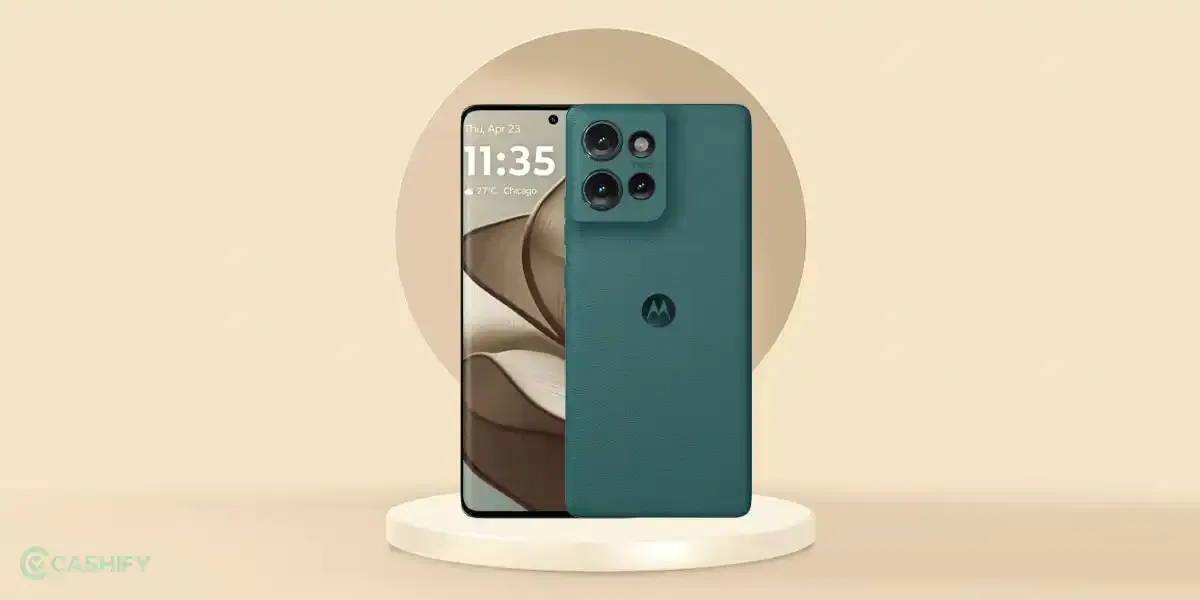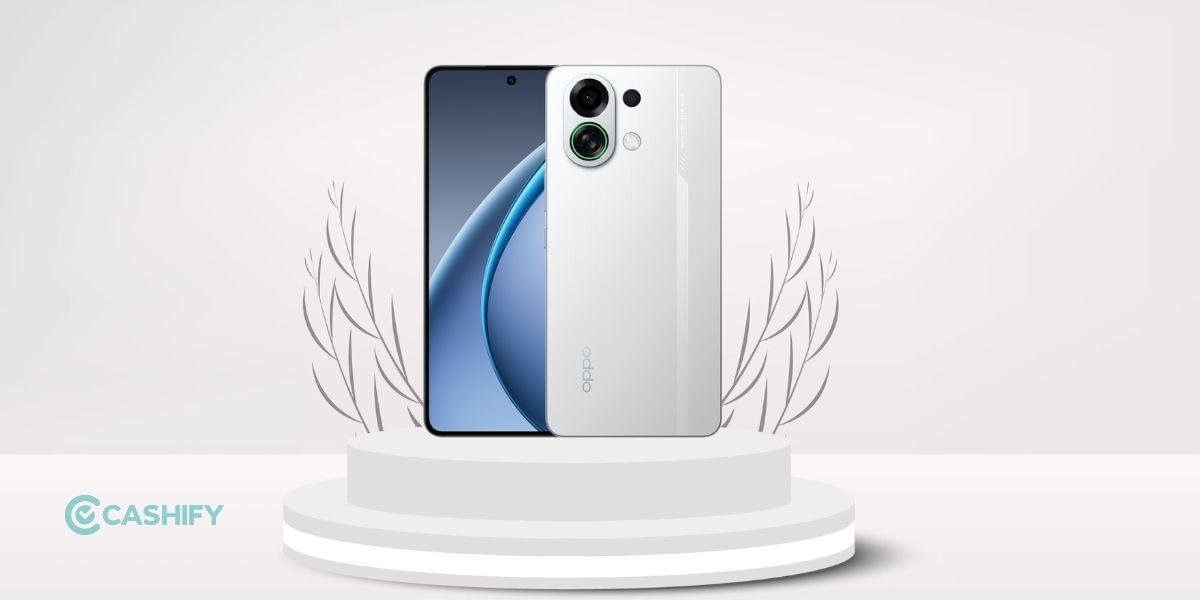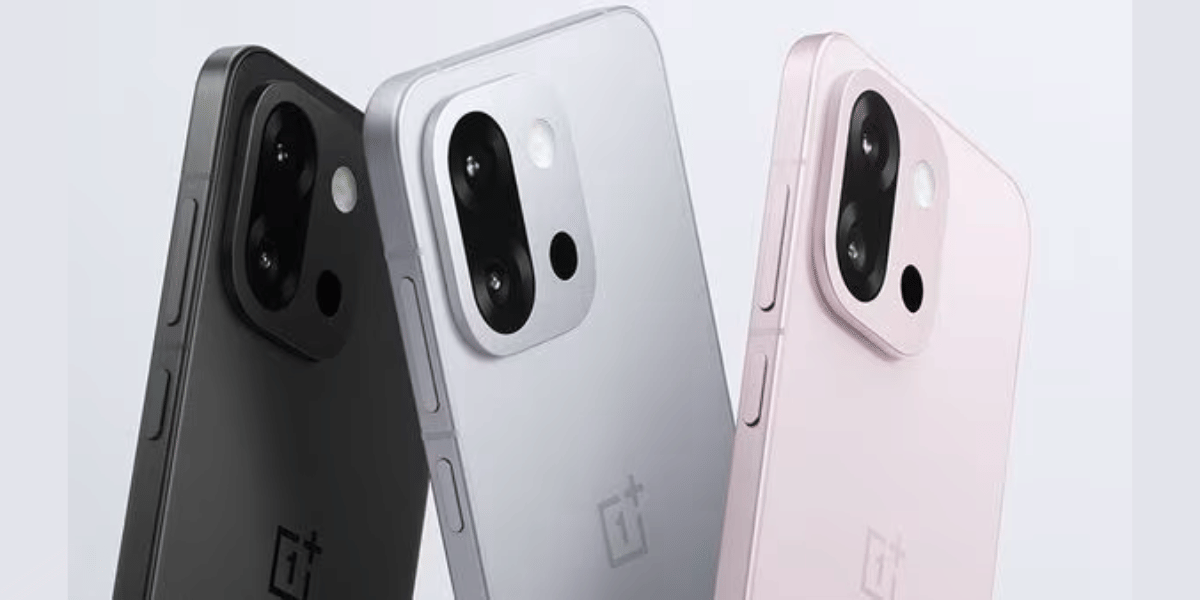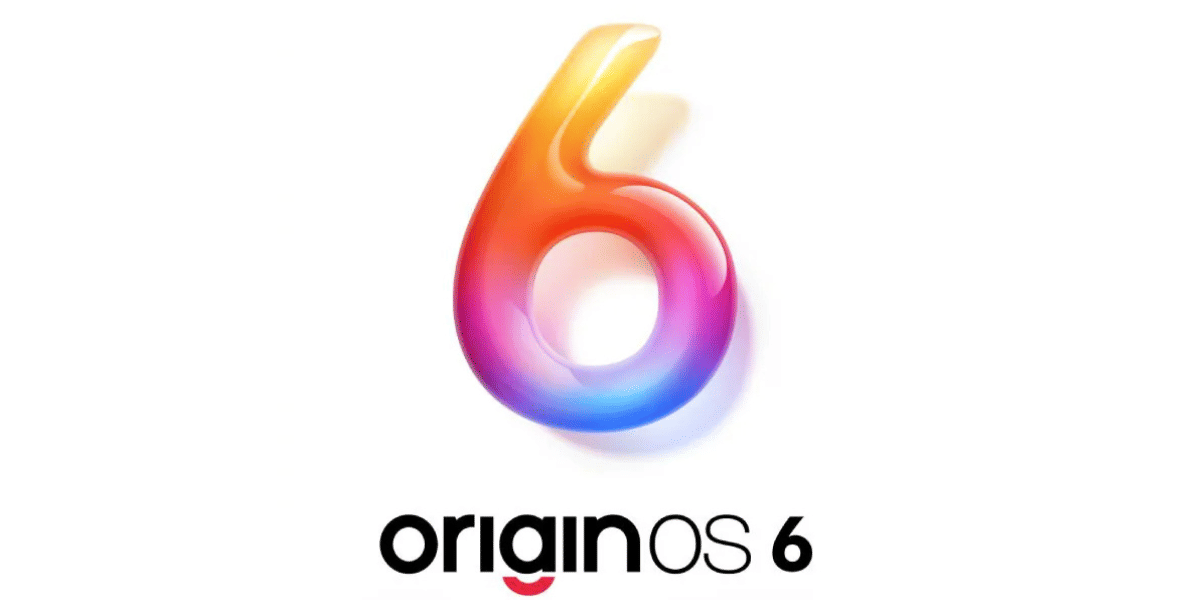The smartphone industry is continuously evolving, with manufacturers relentlessly pushing the boundaries of what’s possible. As we approach 2024, the buzz around Generative AI (GenAI) smartphones is growing louder, marching towards a new era in mobile technology.
With GenAI smartphones, the AI technology is capable of creating new, unique content, making the user experience more personalised and interactive. The technology opens up new possibilities for user interaction, including smarter conversations with virtual assistants and more tailored content. These new GenAI devices are poised to enhance user experience but first, let’s see what GenAI smartphones are and how they are revolutionizing the smartphone industry.
Also Read: How To Use Google Gemini AI Right Now?
How GenAI Smartphone came into existence
Generative Artificial Intelligence (GenAI), is a type of AI technology that is capable of generating any form of content and synthetic data. It has its roots in the early 2000s when advancements in machine learning and deep learning began to gain momentum. GenAI is a subset of AI capable of generating text, images, or other media, using generative methods that uses various algorithms to generate content. Some of the popular generative AI interfaces are ChatGPT, Dall-E and Bard.
The concept of GenAI started being implemented in smartphones around 2023. This was a significant development in the smartphone industry as it marked the transition from traditional AI models that relied on pre-existing data to generate responses to AI models that could create new, unique content.
Qualcomm in a demonstration video showcased the groundbreaking technology that uses a text-to-image AI model known as Stable Diffusion. The engineers ran this text-to-image model on a Sony Xperia 5 II smartphone, which comes powered by a Qualcomm Snapdragon 865 (Adreno 650 GPU), 8GB RAM and 32 GB of storage, to generate a 512 x 512 pixel image in less than 15 seconds.
Generally, foundational models require significant computing power to process the data and generate the results and are generally deployed on the cloud. Enabling generative AI models to operate on the device itself has the potential to herald the next significant breakthrough in AI. This reduces the cost as well as the latency and also enhances the privacy of the content.
This shift was driven by the need for more personalised and interactive user experiences. With GenAI, virtual assistants on smartphones became smarter, and the content became more tailored to individual users.
Also Read: What Is Grok: The New AI Chatbot By Elon Musk
How will GenAI smartphones revolutionise user experiences?

Generative AI can customise user interfaces, application layouts, suggestions, and overall user experiences, thereby converting your smartphone into a personalized assistant. This local AI processing diminishes latency, enhancing the efficiency of real-time applications, particularly in regions with restricted connectivity or costly data plans.
The implementation of generative AI models on smartphones tackles a key issue in the industry: cost-effectiveness. This technology eliminates the necessity for constant interaction with cloud servers, leading to reduced bandwidth and data consumption and minimised network latency. It also has the potential to enhance the functional operations of phones related to connectivity. Beyond these substantial improvements, there’s scope for even more progress and advancements.
Running AI models locally on smartphones is cost-effective, as users have already paid for the hardware upfront, unlike cloud-based solutions, which can be costly and require a subscription. Qualcomm, Google, MediaTek, and Meta are partnering to make on-device generative AI implementations a reality, which could lead to significant cost reduction.
It’s important to note the transformative potential of generative AI for smartphones and personal interaction with them. This technology can enhance predictive text input and create personalised user interfaces, offering a highly customised and efficient experience for the user. Moreover, it could potentially turn our smartphones into exceptional personalised digital assistants that can autonomously compose emails and automatically adapt to user preferences instantly.
This shift could democratise AI globally, benefiting over 6.5 billion smartphone users worldwide. It also improves data efficiency and responsiveness, enhancing virtual assistants, chatbots, and predictive text input.
Samsung and Qualcomm are leading the GenAI smartphone race

Several smartphone manufacturers have already adopted GenAI technology. For example, Google’s Pixel 8 uses a Tensor G3 processor and an on-device LLM (Language Learning Model) to implement AI features such as summarising recorded content through its voice recorder app. Samsung has also made substantial progress with its own AI model, Gauss, which operates locally on smartphones and generates text, code, and images.
In terms of market leadership, Samsung and Qualcomm are currently leading the pack due to their advanced product offerings and capabilities. Samsung is particularly expected to secure nearly 50% market share for the next two years, with Chinese OEMs like Xiaomi, Vivo, Honor, and OPPO trailing closely. Qualcomm is predicted to rule the processor segment, seizing over 80% of the GenAI smartphone market in the next two years, although MediaTek’s Dimensity 9300-based devices are poised to close the gap.
As GenAI smartphones continue to develop in various price segments, they’re causing a seismic shift in the mobile industry. These devices are poised to transform user experiences by offering innovative content and personalised services. We are already seeing a glimpse of it with the new Samsung S24 series launched and the Google Pixel line of smartphones. The future of GenAI smartphones is bright, full of promise, and set to redefine the landscape of mobile technology as we understand it now.
Also Read: Five Things You Didn’t Know About Google Gemini AI!
Did you know that refurbished mobile phones cost at least 10% less than new phones on Cashify? You also get other discounts, No-cost EMI and more, making it the most affordable way to buy a premium phone. So, what are you waiting for? Buy refurbished mobile phones at your nearest cashify store and avail exclusive offers.









